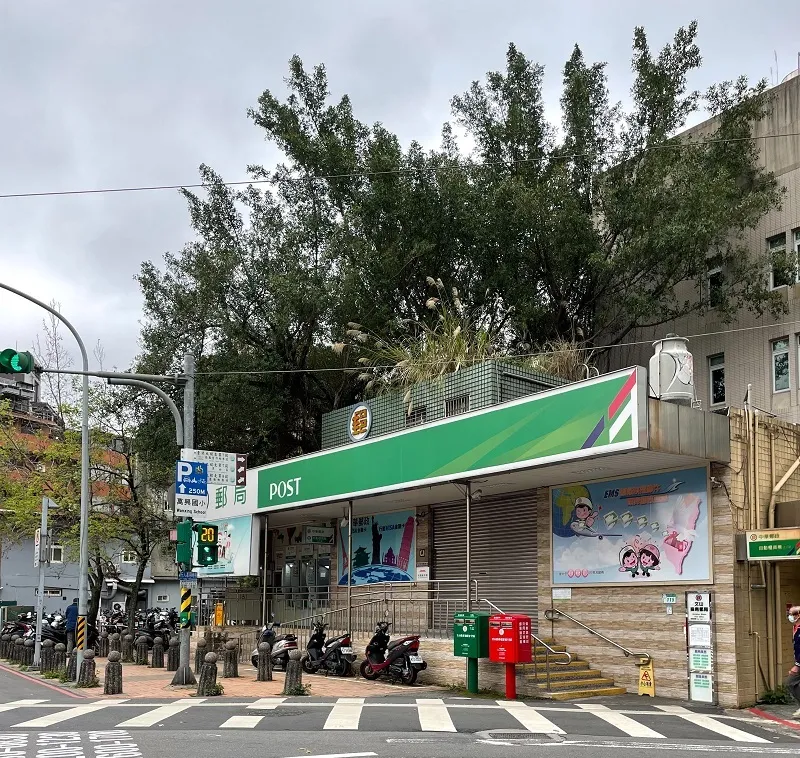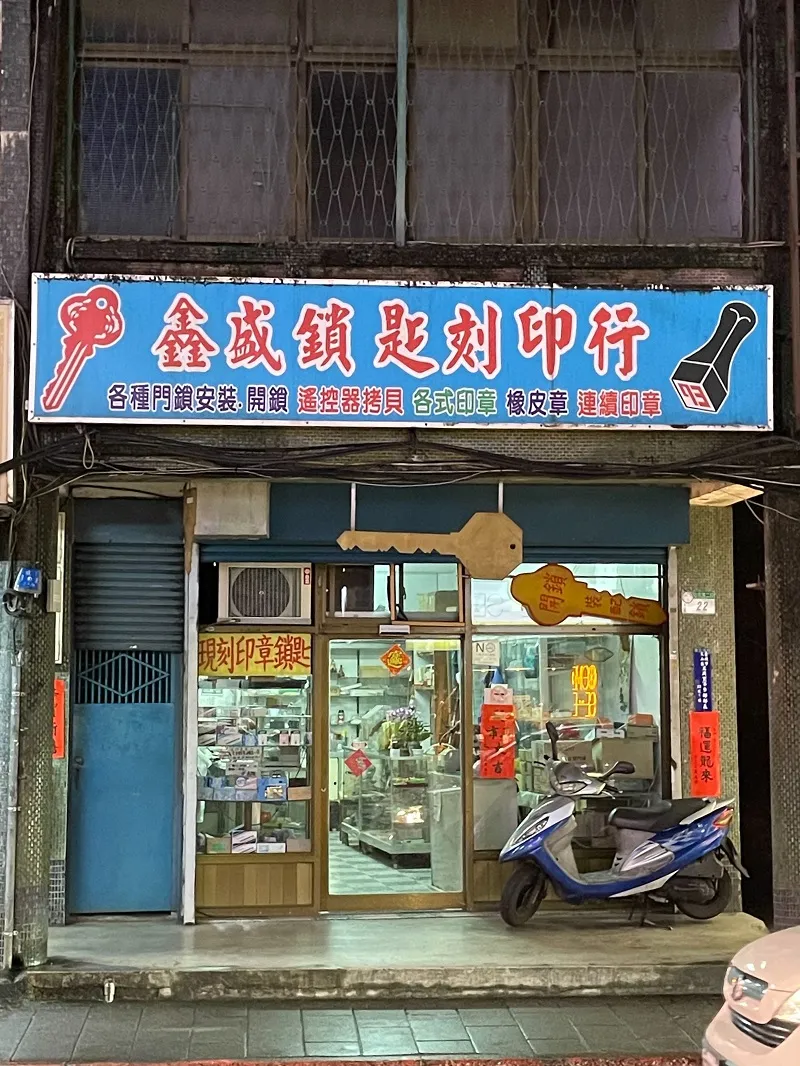by Angela Glowacki
The Spring 2024 semester is well underway and hopefully new international students have begun to adjust to life in Taiwan. It can definitely take some time to find your footing as an international student due to the new environment. Here is some useful information that can help with the transition process.
Important dates
While the academic calendar contains many important dates that students should be aware of this semester, it is important to note that midterm exams are held from April 15-19 and final exams are held from June 14-20. Students can check their course syllabi for more specific dates of their exams.
NCCU operates on a 16 +2 week semester. This means that while the semester is officially 18 weeks, professors have the option to utilize the last two weeks up to their discretion. In some cases, professors will choose to assign remote work and not hold classes the final two weeks of the semester. Be sure to pay attention to how each professor arranges their semesters, as you might find that some of your classes will stop meeting before others.
Getting Involved
There are many different ways to get involved and meet other students. @oic.nccu, @nccuia, and @ic_cafe are all organizations that regularly host activities for international students. You can follow these accounts on Instagram to stay updated about upcoming events. Additionally, the OIC office sends emails promoting certain events tailored to both international and local students. These events are great opportunities to meet new friends and get more involved in the community. Lastly, clubs are another effective way to get more involved with the campus. There will be a club fair from March 5-7 where many student organizations will be promoting themselves. There is a wide variety of clubs at NCCU and the club fair is an excellent place to check out all your options. All of the clubs are open to international students and it is a fun and consistent way to meet local students as well as practice your Mandarin.
Health Services
Having any sort of health issue can be challenging to address in a foreign country. Luckily, the health center near campus is both convenient and affordable. The clinic offers both physical and mental health services. The doctors and most staff speak English and will be able to communicate with you and take care of you. The check-in process is very straightforward and often times the wait is not very long. The hours are somewhat limited, so it is important to check when the clinic is open beforehand.

▲The health center is located directly opposite the main entrance. photo creadit: Angela Glowacki
Transportation
Public transportation is very convenient in Taipei. Both buses and MRT run regularly until around midnight. Bus Taiwan is an incredibly useful app to track buses and look at routes when traveling. I recommend this app because Google Maps will sometimes have incorrect information regarding when the next bus arrives. It is a good idea to familiarize yourself with the bus stops around NCCU, as well as the MRT stations. The closest MRT station to NCCU is the Taipei Zoo Station, which is easily accessible via bus or a 20-minute walk. The Brown line connects to other MRT lines, making it very convenient to get around Taipei. Both the bus and MRT use EasyCards as the main way to pay for fare. You can purchase and add money to EasyCards at convenience stores and MRT stations.

▲MRT Taipei Zoo Station
Banking
If you plan to stay in Taiwan for an extended period of time, you may consider opening a bank account. The most popular options for banking are through the post office or at First Bank. In order to open a bank account, you will need to have a valid ARC. In addition, if you choose to open an account with the post office, you will need a stamp with your Chinese name engraved. There is a shop by campus that prepares the stamps very quickly. If you do not plan on opening a bank account in Taiwan, luckily there are ATMs in almost all convenience stores that accept foreign cards. It is better to carry cash on you at all times because many stores and restaurants only accept cash.

▲The post office is also located directly opposite the main entrance. photo creadit: Angela Glowacki

▲The key shop by campus that prepares the stamps very quickly. photo creadit: Angela Glowacki
It is completely natural to feel nervous and displaced adjusting to studying abroad. It can be difficult not knowing how to take care of things that you would normally be able to figure out in your home country. Hopefully some of this information can help alleviate some of the stresses of getting used to Taiwan. Studying abroad is an experience filled with highs and lows, learning how to navigate your way here will lead to personal growth. Remember that you are not alone! Don’t hesitate to seek support and help from your fellow students, faculty and other resources. With an open mind and willingness to adapt, you will soon find yourself feeling more at ease and at home in this wonderful country.
More on OIC connect no.93:
A Starter Pack to the Lunar New Year
The Old and the New Religious Ways: Interview With Professor Gao Chen-Hung
Jasmine Wu: A Student's Voice at COP28
NCCU at the Jessup Moot Court Taiwan Regional Competition 2024
“You’re Not From Here, But Not A Tourist”: Living As A Foreign Exchange Student In Taiwan